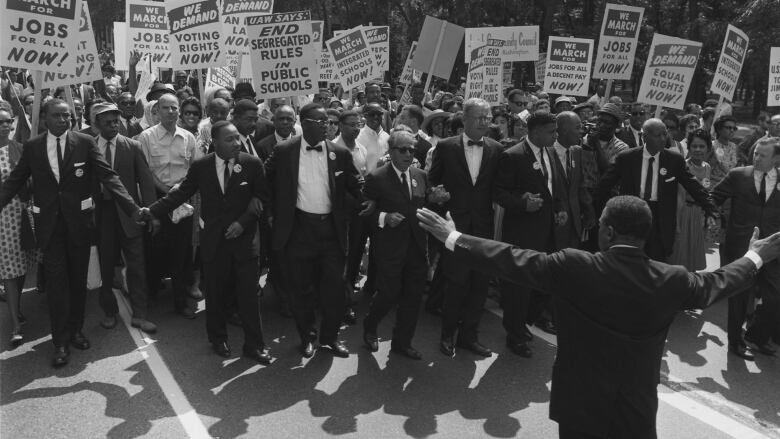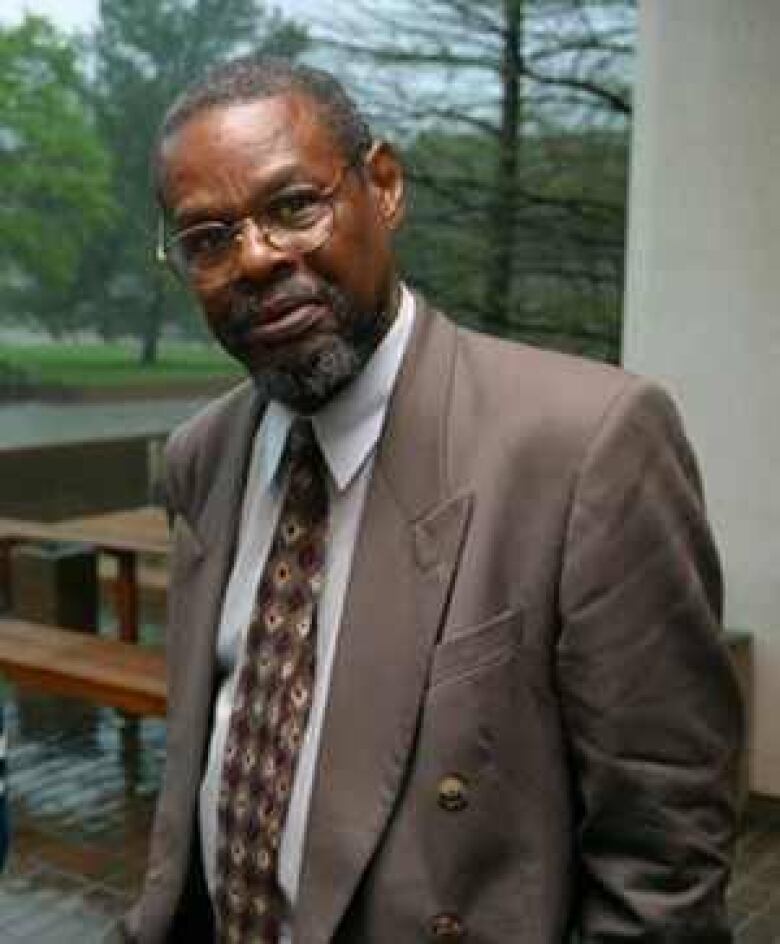Does protest do anything to change the status quo?

Eddie Griffin can tell you a thing or two about protest and rubbing up against the status quo.
As a civil rights activist, former Black Panther and current activist, he's been there and done that.

"Everybody says that the robberies we carried out was to support the movement. But supporting the movement was basically paying rent, buying food, putting clothes on people in the community where we were hiding," he says.
Griffin says protest back then, in some respect, brought about great changes, including integration in schools, the right to vote in the South, and bringing an end to the Vietnam War.
"Protest, it gave us more elbow room," he says.
But Griffin says he's skeptical about the power of protest today.
"Donald Trump, our new President, refers to the street demonstrations as being a small number of people. He plays it off as being insignificant. That is to say, if you pretend that you don't see them, you don't have to answer to them."
However, Griffin says he thinks protests should still happen.
"I look at the status quo in a relative sense. It's not an absolute system that's put in place that cannot be changed. It's something that's constantly being changed by the people who grew up under that system and see ways to improve their living conditions."












_(720p).jpg)


 OFFICIAL HD MUSIC VIDEO.jpg)
.jpg)



























































































